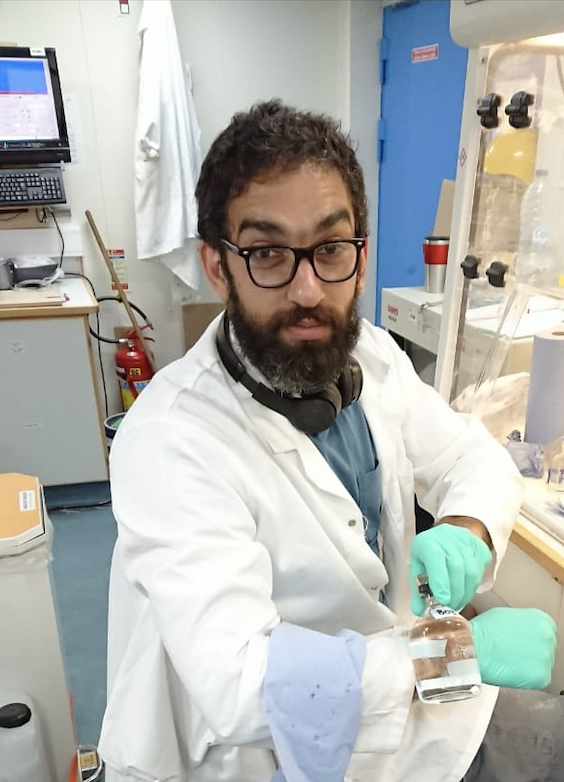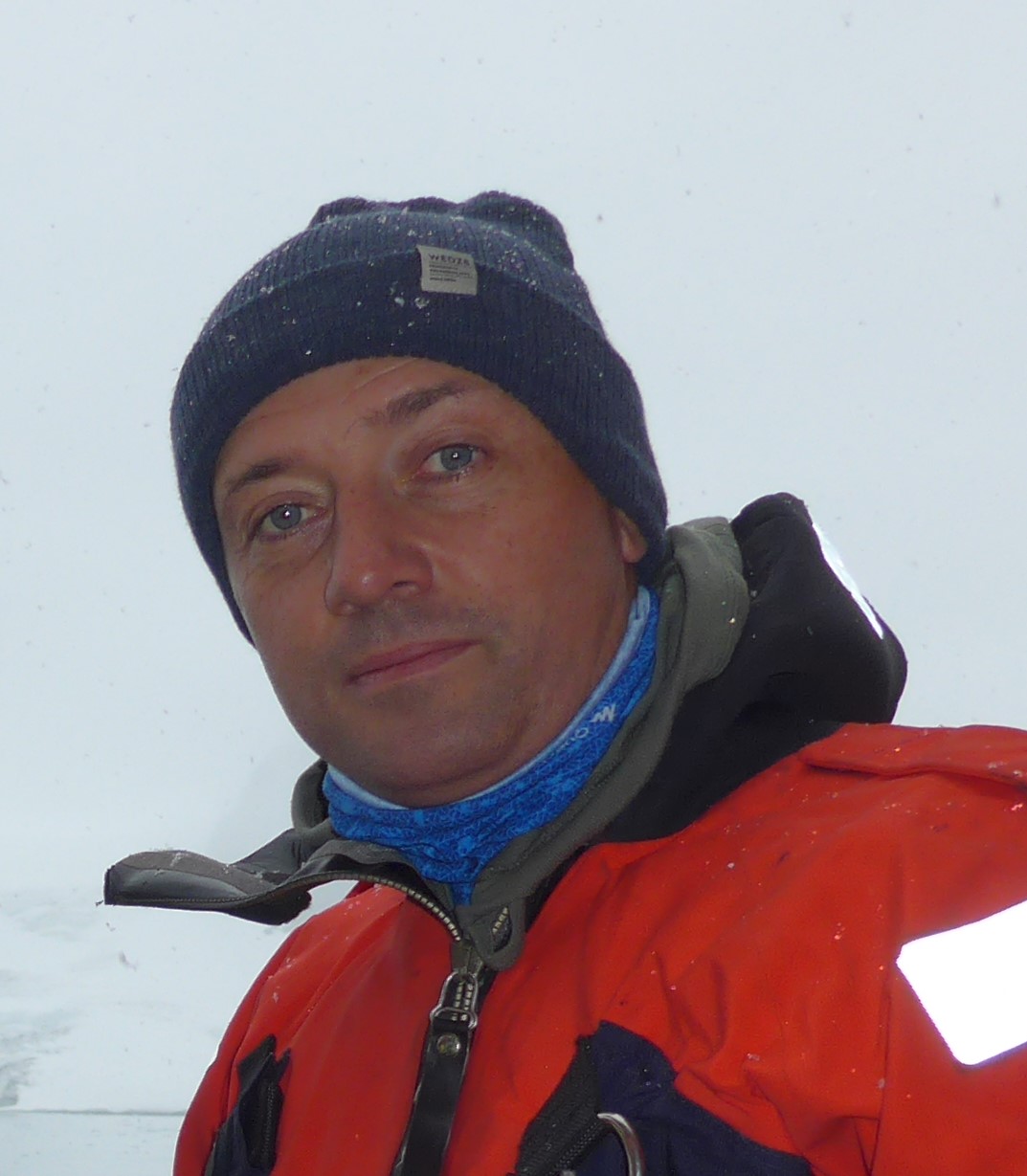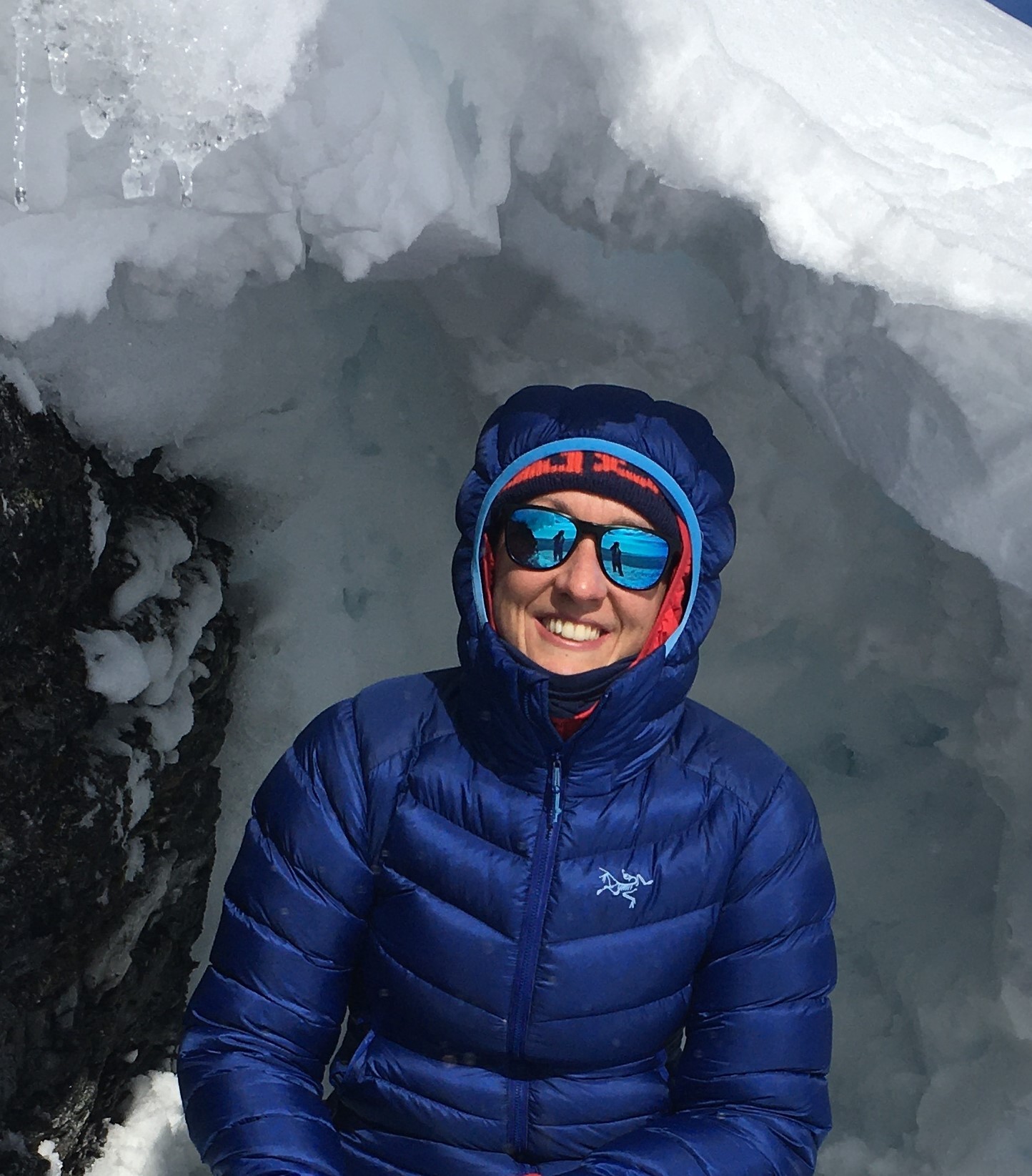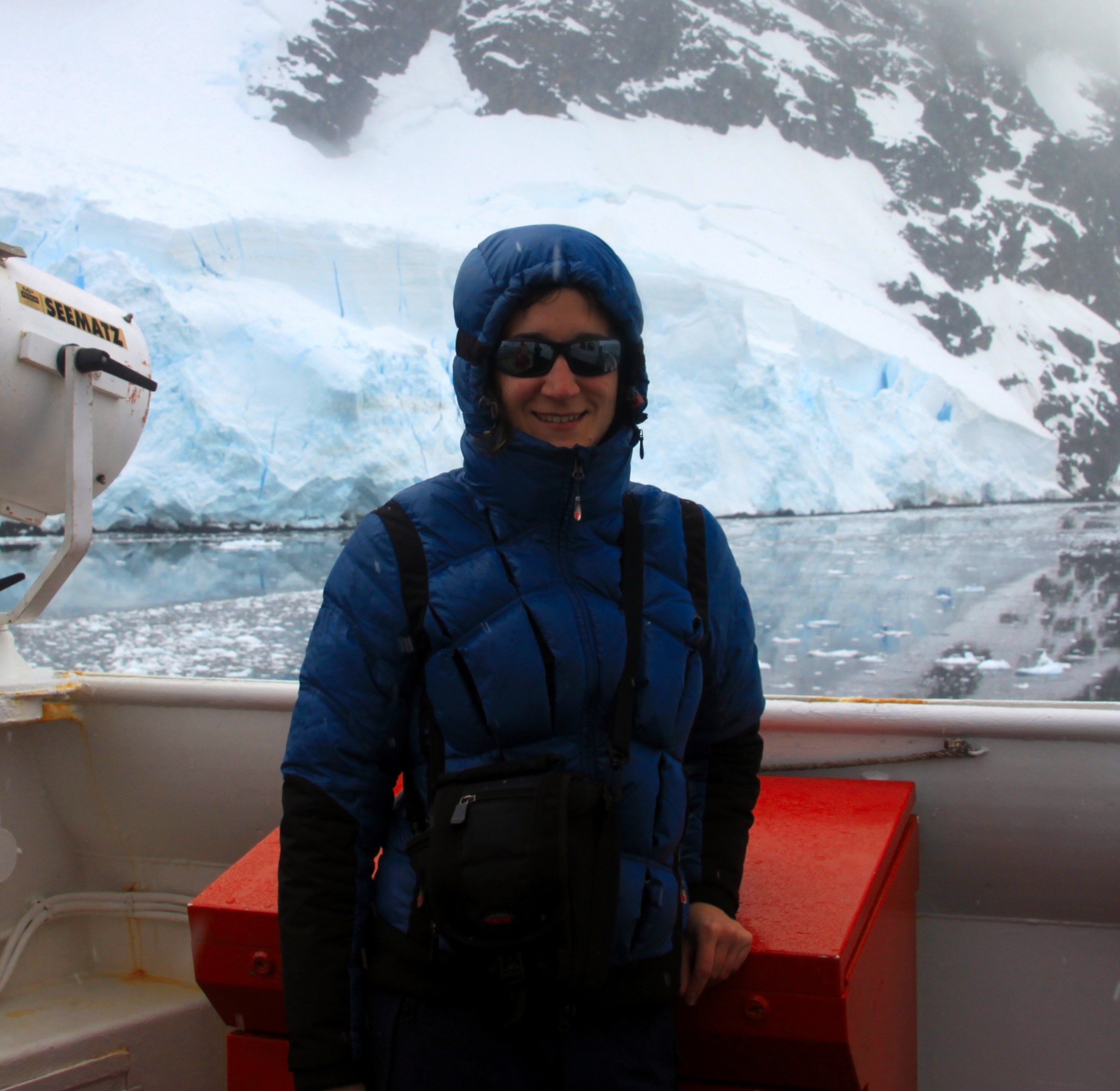Introducing the Leadership Team for the Newly Formed Ocean Acidification Hub for the Southern Ocean

It is with great excitement and enthusiasm that we announce the establishment of the first Leadership Team of the newly founded Southern Ocean - Ocean Acidification Hub (SO-OA Hub), Pablo Trucco Pignata, Andrés S. Rigual Hernández, Elizabeth Jones, and Blanca Figuerola. We congratulate everyone to their new positions!

Pablo Trucco Pignata is a research scientist at the National Oceanography Centre (NOC), Southampton, UK, specializing in autonomous biogeochemical sensors for high-resolution carbonate chemistry monitoring. His work advances Lab-on-a-Chip (LoC) technology for total alkalinity (TA) and dissolved inorganic carbon (DIC) measurements, integrating these into autonomous platforms and Ships of Opportunity (SOOP) to enhance ocean carbon cycle observations.
Pablo currently co-leads a work package in the TRICUSO project as an Early Career Researcher (ECR), focusing on integrating carbonate system sensors onto autonomous floats to establish sustained, high-resolution observations in the Southern Ocean. With field experience in the North & South Atlantic, North Pacific, Fram Strait, and the Southern Ocean, Pablo deploys cutting-edge sensors to analyze spatiotemporal variability in carbonate system dynamics and biological interactions.
As part of the SO-OA Leadership Team, he aims to advance ocean acidification monitoring, foster international collaboration within SOOS, and integrate autonomous technologies into global ocean acidification research. His work supports improved observational capacity for detecting and predicting changes in the Southern Ocean’s carbon system, with implications for climate feedbacks, ecosystem resilience, and carbon cycle modeling.



Blanca Figuerola is a Ramón y Cajal researcher at the Institute of Marine Sciences (ICM-CSIC) in Barcelona. Her research focuses on how calcifying invertebrates, including poorly known groups like bryozoans, and their microbiome respond to environmental changes such as ocean acidification and warming, and how their fossil records help reconstruct both natural and human-driven shifts in coastal ecosystems. She also explores the role of plastic pollution as a dispersal vector for invasive species and its broader implications for ecosystem health and biodiversity. The ultimate goal is to improve predictions of global change impacts and inform conservation policy. To achieve this, she employs a multidisciplinary approach, integrating field studies across natural environmental gradients, laboratory experiments, and advanced techniques like X-ray microcomputed tomography. Her work spans ecosystems from Antarctic to tropical regions and contributes to major international initiatives, including the first Marine Ecosystem Assessment for the Southern Ocean and the French PROTEKER program, which assesses climate change impacts on sub-Antarctic nearshore ecosystems through ecological and genetic monitoring via diving.






